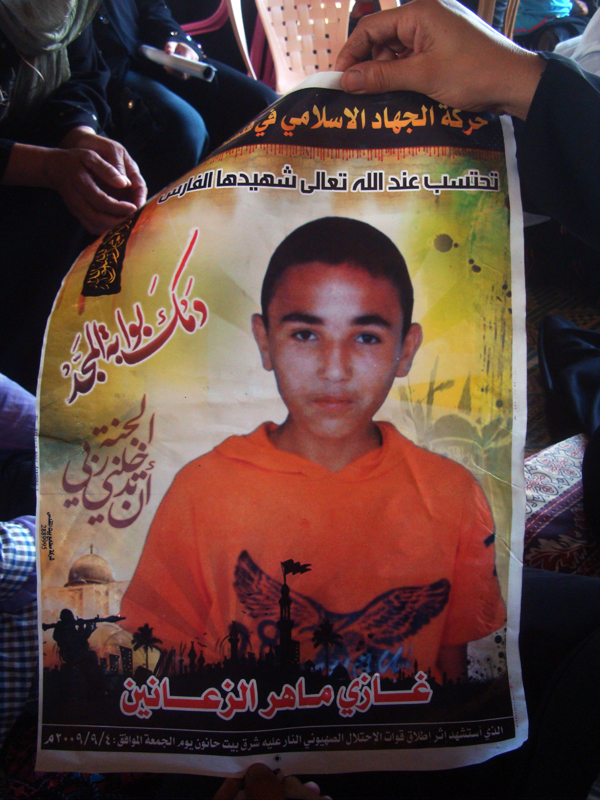Published Friday 21/02/2014 (updated) 23/02/2014 10:23

GAZA CITY (Ma'an) --
Thirteen people were injured after Israeli forces opened fire on
Palestinian demonstrators east of Jabaliya in the northern Gaza Strip on
Friday.
Dozens of others suffered from excessive tear gas inhalation as Israeli forces violently dispersed the group, which was protesting against the confiscation of lands near the border by Israeli authorities.
Spokesman for the Gaza Strip Ministry of Health Ashraf al-Qidra told Ma'an that 13 people were injured, including a 12-year-old child who was seriously injured.
They were all taken to Kamal Adwan Hospital in Beit Lahia.
An Israeli army spokesman did not immediately return calls seeking comment.
Israeli forces frequently shoot at farmers and other civilians inside the Gaza Strip if they approach large swathes of land near the border that the Israeli military has deemed off-limits to Palestinians.
The "security buffer zone" extends between 500 meters and 1500 meters into the Strip, effectively turning local farms into no-go zones.
According to UNOCHA, 17 percent of Gaza's total land area and 35 percent of its agricultural land were within the buffer zone as of 2010, directly affecting the lives and livelihoods of more than 100,000 Gazans.
Dozens of others suffered from excessive tear gas inhalation as Israeli forces violently dispersed the group, which was protesting against the confiscation of lands near the border by Israeli authorities.
Spokesman for the Gaza Strip Ministry of Health Ashraf al-Qidra told Ma'an that 13 people were injured, including a 12-year-old child who was seriously injured.
They were all taken to Kamal Adwan Hospital in Beit Lahia.
An Israeli army spokesman did not immediately return calls seeking comment.
Israeli forces frequently shoot at farmers and other civilians inside the Gaza Strip if they approach large swathes of land near the border that the Israeli military has deemed off-limits to Palestinians.
The "security buffer zone" extends between 500 meters and 1500 meters into the Strip, effectively turning local farms into no-go zones.
According to UNOCHA, 17 percent of Gaza's total land area and 35 percent of its agricultural land were within the buffer zone as of 2010, directly affecting the lives and livelihoods of more than 100,000 Gazans.



